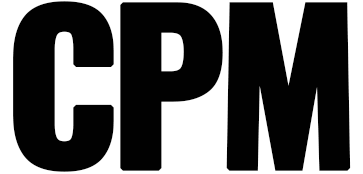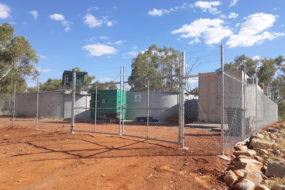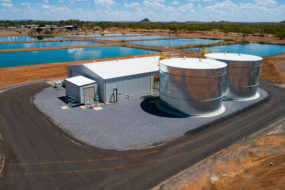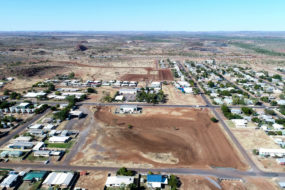
CPM offers comprehensive project management and consultancy services across the entire project lifecycle, from initial concept to final delivery. With a deep understanding of industry standards and best practices, we provide tailored solutions for complex infrastructure projects.
• Commercial advisory services
• Procurement management and advice
• Cost estimation and cost planning
• Constructability analysis and construction planning
• Design and design management
• Cost-benefit analysis
• Contract Administration
• Project management
• Financial Management and reporting
Our Expertise
CPM’s team brings a wealth of hands-on experience to every project, ensuring practical and effective solutions. Our deep understanding of construction processes, coupled with our expertise in cost estimation, planning, and contract management, enables us to deliver exceptional value for our clients.
We specialize in identifying and mitigating project risks through robust risk assessment and management strategies. Our ability to develop tailored contracting and procurement approaches ensures optimal outcomes for project sponsors.
CPM has a proven track record in delivering successful projects across a wide range of sectors, including:
• Roads and Bridges
• Rail
• Water
• LNG
• Metalliferous Mining
• Coal Mining
• Ports
• Local Government
Our Commitment
As a regionally based consultancy, CPM understands the unique challenges and opportunities of infrastructure projects outside of capital cities. Our dedicated team is committed to supporting clients in all locations.
Leveraging advanced technology and secure systems, we provide efficient and effective project delivery. Our in-house developed tools, combined with industry-leading software, support our ability to deliver exceptional results.
Services
• Strategic project evaluations
• Overview of procurement and contracting strategies
• Preparation of high-level cost analysis
• Risk identification and quantification
• Constructability review
• Budget cost estimates
• Selection process for a range of contracting strategies, from traditional hard $ to relational
• Transparent, robust procurement and contracting strategies
• Detailed risk identification and quantification
• Confirmation of preliminary budget cost estimates by first principles estimating
• Project delivery planning and documentation. • Cost estimate review and analysis
• Development of risk-adjusted project estimates
• Development of selection process strategy and selection criteria
• Development of EOI/RFP/ITT documentation and governance plans
• Coordination of contract development and governance plans • Facilitation and management of the procurement process.
• Project scheduling
• Constructability analysis
• Development of project management plans
• Risk analysis and management, including mitigation strategy progression
• Risk management and reporting
• Project controls, systems development, and implementation
• Quality assurance and quality control
• Contract administration and documentation
• Project team development
• Operational controls analysis
• Earned value management
• Quality management
• Post-implementation review
Benefits
• Realistic development of strategy.
• Provide streamlined direction and guidance towards established project goals.
- the contracting strategy;
- delivery method;
- construction costs;
- on project outcomes.
• Risk management strategy for the project.
• Better quality final estimate.
• Risk is priced for financial close decision.
• Potential involvement of contractor to provide better design and cost estimation.
• Risk allocation to the party best suited to carry it.
• Clear documentation that differentiates and markets interest in the project.
• Negotiated outcomes with the right proponent that not only deliver value at commencement but set the framework for the success of the project.
• Detailed realistic cost estimate to current market prices.
• Detailed risk understanding enabling informed allowance in the tender.
• Greater control for owner/proponent on all project outcomes.
• Better alignment of risk allocation across the parties and agreed outcomes.
• Better project reporting to assist decision-making.
• Document project learning for continuous improvement.










